Kathy Vogler, Communications Manager, Expedient Technology Solutions
Every employee affects your organization. The executive leadership team may have the most direct impact on your company culture, but any employee who “leads” can too. While culture revolves around the engagement, environment, atmosphere and success of the company; leadership affects staff confidence and self-worth. Leaders at every level have a responsibility to “be the change you want to see” and to demonstrate the company values in their actions. Technology connects us in increasingly new ways that place a bigger social responsibility on our companies.
If you have a great culture, guard it as the precious foundation of your success. You must hire people who fit your culture. If your employee represents your company through account management, sales, marketing, support staff or even avenues outside of work; you’ll want to make sure that first impression is an accurate and favorable reflection of your company.
Why do you want to work here?
This is a common HR question and a great way to know that the prospective employee has done research on your company and the position. Are they onboard with your values? Do they live your values in their personal life? No one is perfect, but you’ll want to watch for dysfunction, passive-aggressive behavior and the dreaded sociopath. HR and hiring managers will need to look past the surface and see the real person. Some people are fantastic at interviews and can hide their true selves. A deceptive bad hire may slip through and will be very hard on team members and your culture even if they don’t make it to their 90-day review.
We’ve all witnessed that high-performing employee who didn’t fit the culture, often called “cultural vampires.” Even with solid performance, their attitude will be detrimental to the company culture. Maybe you’ve lived the “people don’t leave a company they leave a bad boss” meme. I have. And I felt forced to leave a job I loved and people I respected. A bad boss is hard on the culture. HR may want to look for signs to see if that polished, charming, capable person you are interviewing may be a toxic nightmare for your staff and culture.
A strong culture is distinguished by firmly held core values that are organized, openly shared and permeate throughout the entire staff. Employees will thrive when they know their leaders personally care about their well-being. The five aspects of well-being include physical, social, community, financial and purpose. Focusing on only one or two aspects will miss important opportunities to grow the best workplace culture. Quality leaders demonstrate a genuine interest in promoting the growth of their employees and will collaborate to build career paths and provide the resources needed. By encouraging employees to take risks in order to grow, effective leaders are able to foster a culture of learning and growth. Good leaders incentivize hard work and good behavior, and they promote a vision of the future that is positive and values-based. Strong leadership knows that good ideas and good decisions can come from anywhere.
People are all different, but you need that.
Most companies use some form of personality tests prior to hiring and there are plenty to choose from. Hippocrates suggested that humans had a “persona” in 460 BC and the rise in psychodynamics in the 1800s led to a drastic change in the way we viewed and understood personality in social situations. Sigmund Freud suggested that our behavior and personality are driven by our innate desires and needs. Carl Jung proposed there are four human personality influences: sensing and intuition (irrational or perceiving functions) and thinking and feeling (rational or judging functions). This spurred the popular Myers-Briggs testing. New hire assessments come in many forms and people are pretty used to doing skills assessments, personality quizzes and IQ testing as part of the hiring process.
Those of us who are Technology First Women 4 Technology (W4T) members have had the great opportunity to delve into the importance of creating teams and groups inside of our organizations that encompass all personality types. In 2017 we walked through our DISC (Dominance, Inducement, Submission and Compliance) profiles and in 2021 we virtually worked through our Clifton Strengths self-assessments. I walked away from these meetings with a better understanding of my own strengths, the strengths of my peers and that each personality type requires unique communications. In our differences, we are a stronger team.
The DISC session was focused on building effective teams using complementary styles. You probably get along great with some people and others take all of your energy and patience. In this analysis, all four personalities have a style that determines the way we approach our work and life and defines how we will react to situations and other people. This program is a great way to identify your style and what to look for in others to build highly effective teams. Those teams need to have an even number of people of each type and not be dominated by one certain personality characteristic.
We use this program at work through Innermetrix values with Dave Ramsey’s goal tactics as part of our hiring process and openly share our profiles with the team. I was surprised to see how different my “adaptive” style is from my “natural” style, which I attribute to a large family and strict parents. You can see by my chart that “C” (compliance or caution) goes from 39 natural to 60 adaptive. Whew!
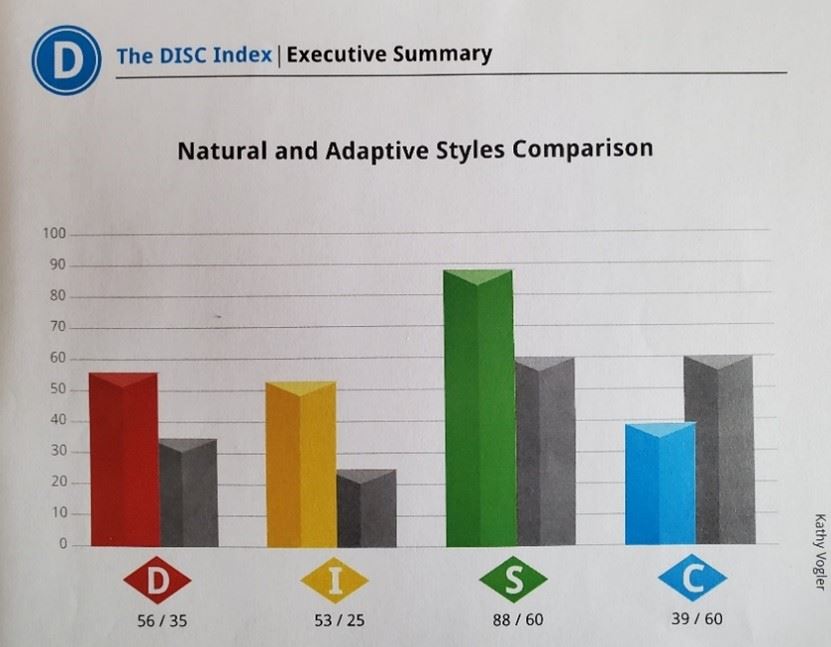
You can use the complete executive summary to understand how employees will approach solving problems, interacting with team members, environmental preferences, expectations and their approach to the pace of their work. Additionally, the results will offer opportunities for developmental growth, motivation, learning styles and communication insights. There is a free assessment, or you can complete the full assessment for $29 per employee.
Focus on strengths and not on your weaknesses.
Clifton Strengths from Gallup breaks talents (strengths) down to 34 themes that fall into 4 different domains (Executing, Influencing, Relationship Building and Strategic Thinking). We are born with innate talents or gifts. The Clifton Strengths Test method, introduced in 2001 by Gallup and created by Don Clifton, concludes that a person experiences more success and satisfaction when they can use their talents in their daily activities. According to Gallup, a focus on weaknesses does nothing to help development, but a focus on strengths will allow you to succeed and continue in situations that others have decided are impossible or extremely difficult. When we create teams with a variety of strengths, the number of tools and talents they have access to increases exponentially.
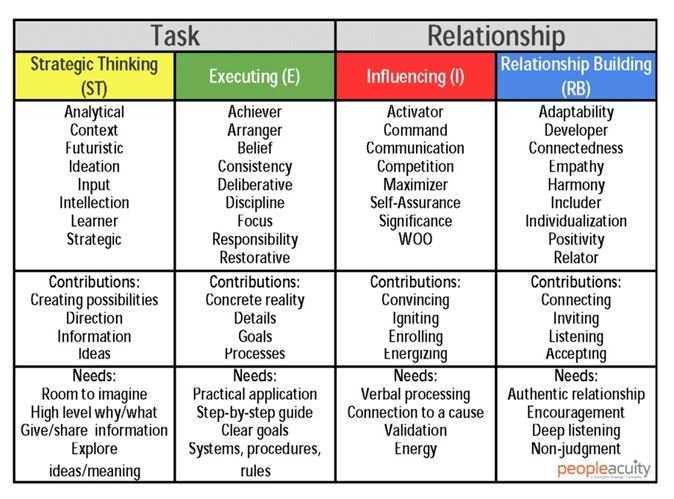
Of course, completely ignoring weaknesses is not an option. It is healthy to identify the cause of the weakness (education, experience or opportunity) and there is almost always something that can be done about it. StrengthsFinder 2.0 ISBN 978-1-59562-015-6 can be purchased anywhere, I bought mine on Amazon for $17. Each book contains a unique code to take the CliftonStrengths Assessment online. The personality test consists of 177 questions and each should be answered within 20 seconds. The entire test usually takes around 30 minutes. A report is generated based on the answers and clarifies the five strongest themes and summarizes a strengths insight guide.
You cannot change your basic personality type. However, you can, and should, change the aspects of your personality that you are unhappy with to become a more well-rounded person.
Are technical people introverts and sales people extroverts?
2014 was declared the year of the “Introvert Craze” mainly due to the influx of technology in our daily lives and the rapid rise of social media channels. The terms introvert and extrovert are consistently misunderstood and usually show two polarized personalities – the extremely shy and the extremely confident. The truth is that introverts can be as social as extroverts, but when their batteries are drained, they need solitary downtime. Extroverts, on the other hand, need people to recharge their batteries. 2020 memes often showed introverts claiming to have prepped their whole life for the solitude of the pandemic. Has social media given a voice to introverts? Face-to-face socialization gears us for talking while the qualities of listening and thinking are largely ignored. Unfortunately, we may have taken that same thought into social channels too.
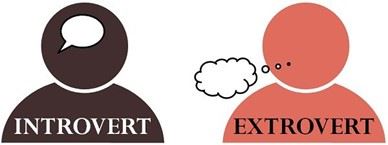
The stereotype of tech people being introverts is mostly false. Highly technical people tend to be more capable of being quiet and focused on what they are doing and are proficient at working alone. You won’t get very far in technology without this natural behavior. However, it’s unfair to perceive the extreme when most people are adept at crossing directions and socially adapted and able to handle human interactions. The perfect example of each extreme are the rivals Thomas Edison (extrovert) and Nikola Tesla (introvert). Where would we be without either of those? I believe I am an Ambivert. Anyone who has met me knows I love people and talk to everyone, but what you don’t see is when I’m drained of energy that I prefer to be alone to recharge. I think this is much more common than either of the extremes.
“Company culture is what employees live and breathe every day in the workplace.” ~ Mike Zani, The Predictive Index
Diversity and inclusivity at every level of your organization brings many benefits to your company and to your individual team members. It is important to create a culture where all people feel included and represented -- every department, every team, every project. You must first understand the true personalities of your team members then work to utilize their skills collectively.


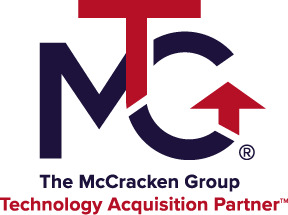
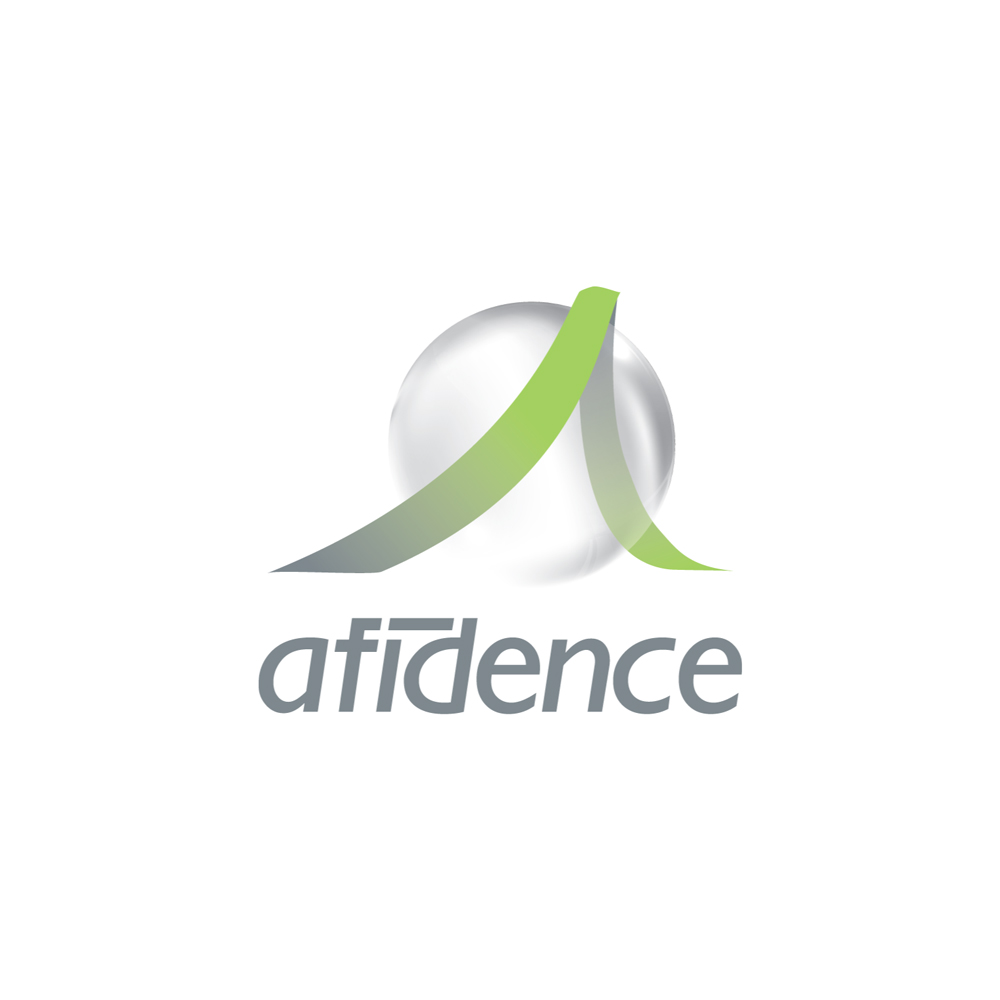
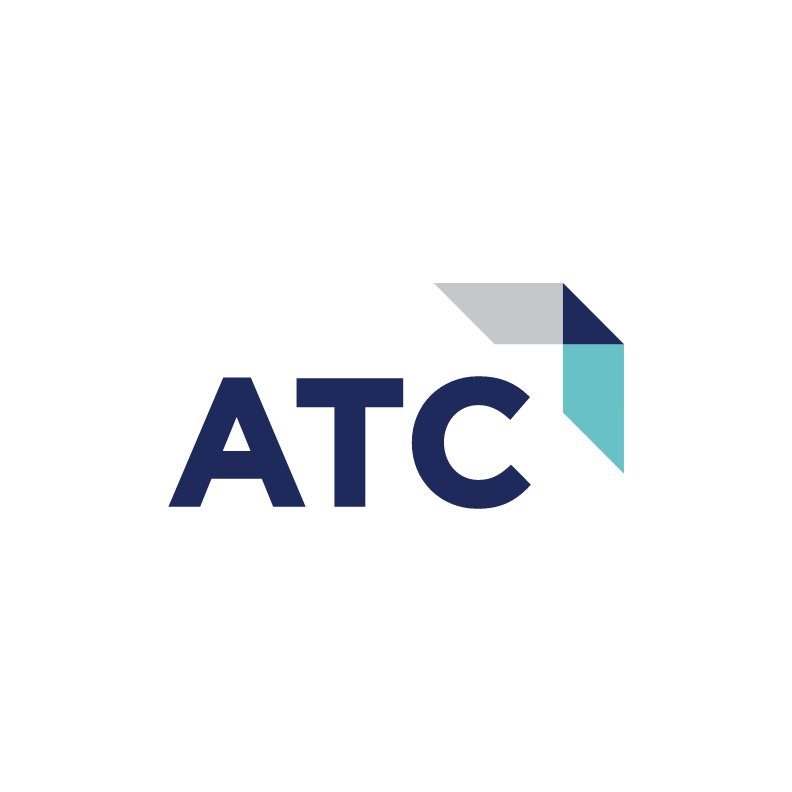
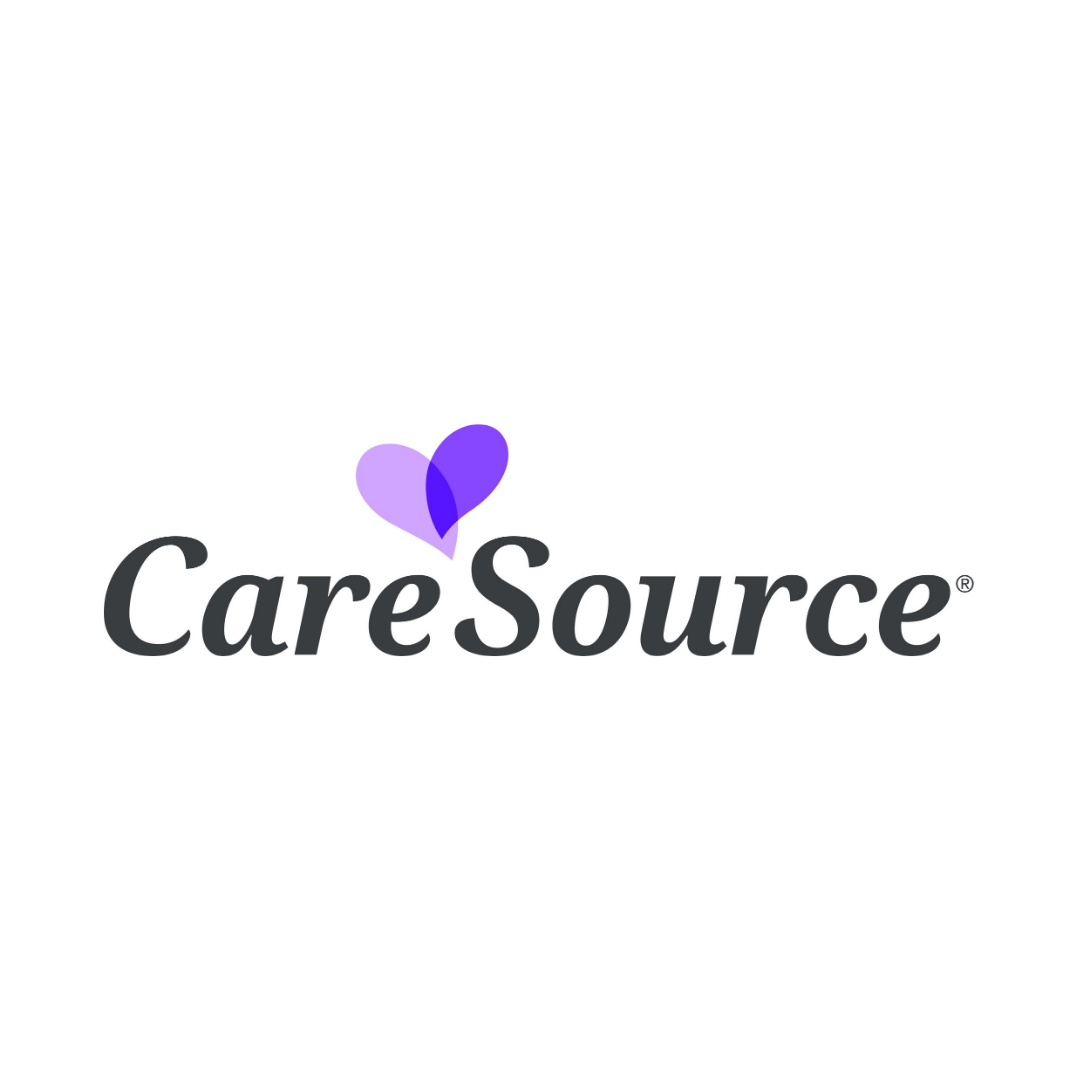


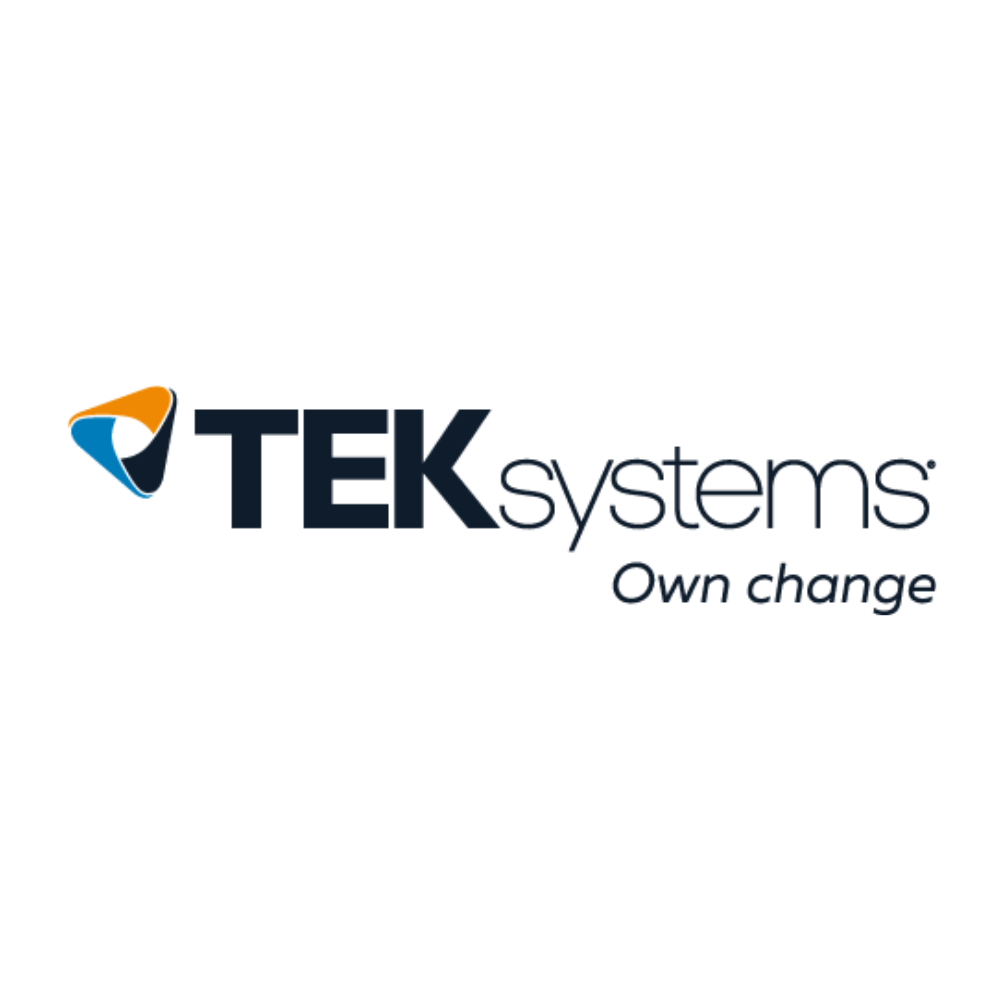

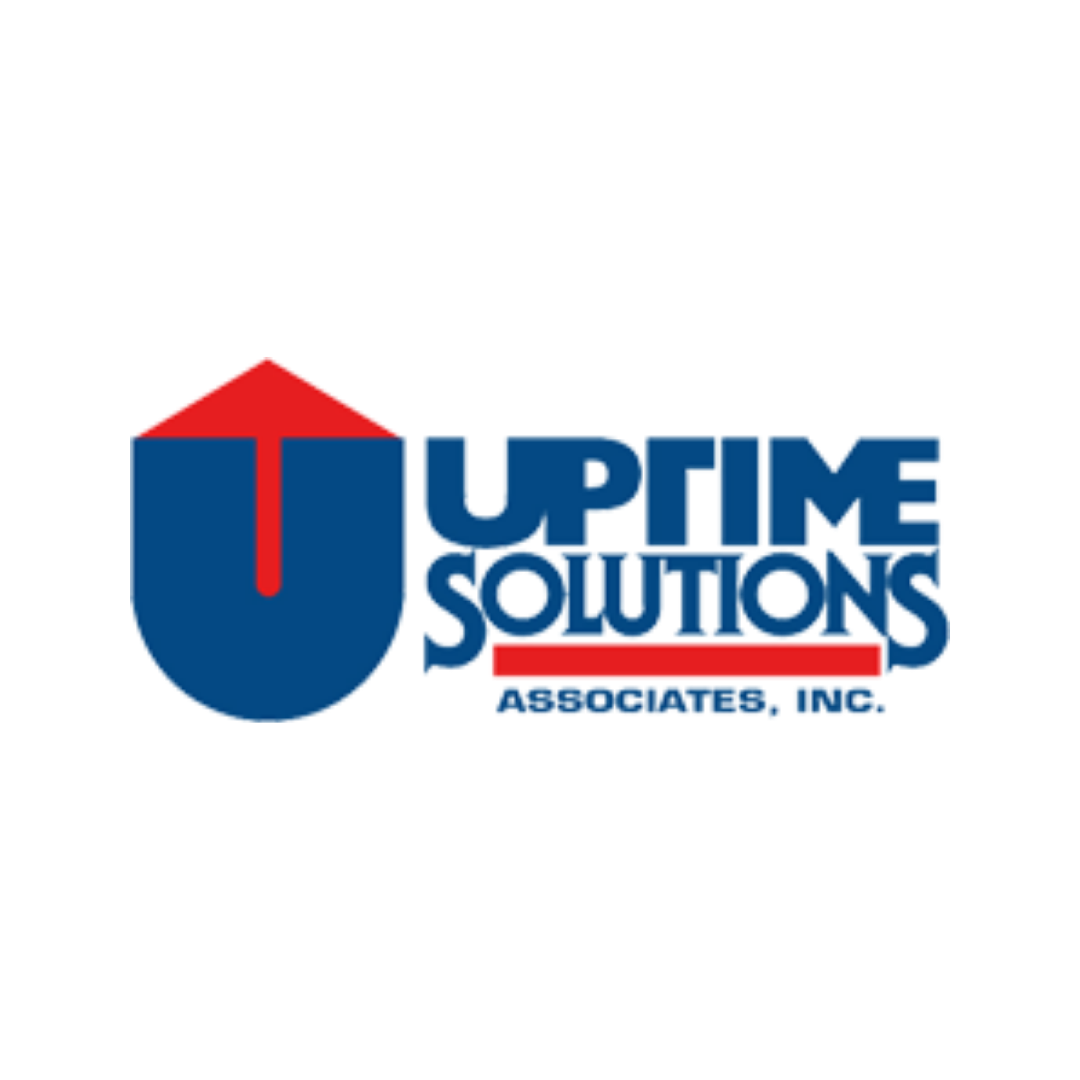




.png)


